(1) Franchise Barriers in Solid Waste Treatment Industry
Affected by factors such as resources and the environment, local governments generally plan solid waste treatment plants with an appropriate scale based on the local solid waste generation, and grant operators franchise rights. Franchise rights are exclusive. After an enterprise obtains a franchise right in a certain area, it will form a long-term service to the market in the region within the franchise period, and after the franchise right expires, it still has the advantage of continuing to operate the project through other means relying on the early accumulated operational experience. Therefore, in the absence of a large-scale increase in local demand for solid waste treatment, it is difficult for other enterprises to obtain access from the local government, thus forming franchise barriers.
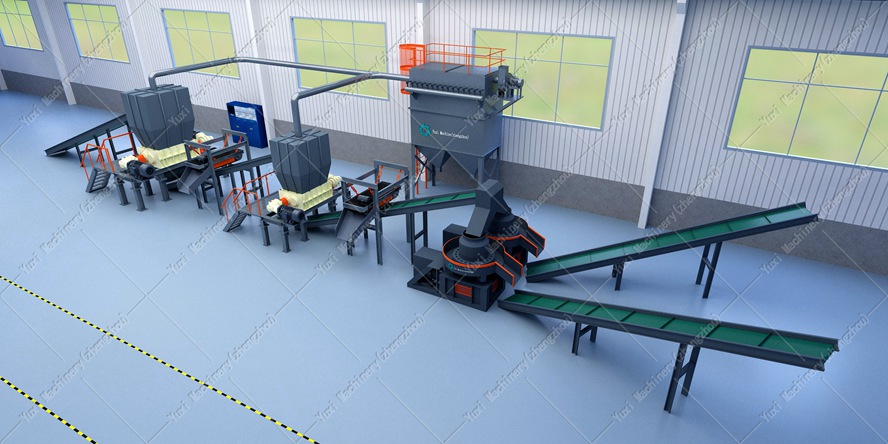
(2) Talent Barriers in Solid Waste Treatment Industry
The construction and operation of solid waste treatment projects include site selection, engineering construction, equipment commissioning, project operation, etc., which require high integration, management and professional capabilities on personnel team. It has clear requirements on the professional ability of employees on professional knowledge of many disciplines such as automation, biology, chemical industry, electromechanical, electrical automatic control, engineering and environmental protection. In addition, due to the differences in the environmental conditions, location conditions, etc. of different projects, the degree of non-standardization of projects is relatively high, which requires employees to have a long working time and rich industry experience through different project training. There is a shortage of professionals in the industry of waste incineration and sludge disposal projects, especially those with professional technical capabilities and rich operation and management experience, which are crucial to the stable operation of the project. Therefore, talents with strong professional ability and rich industry experience constitutes the talent barrier of the industry market.
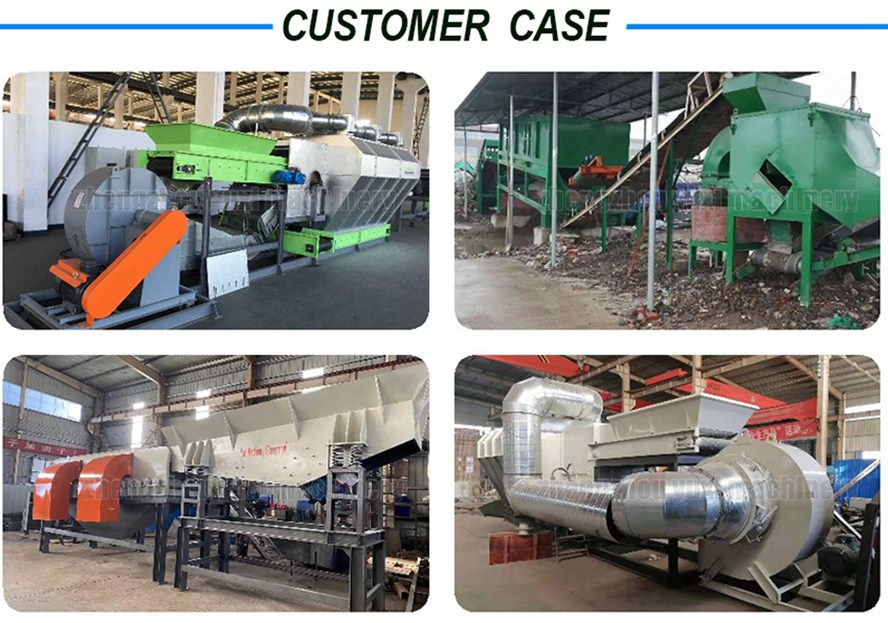
(3) Technical Barriers of Solid Waste Treatment Industry
Due to the different needs of different customers and the limitation of local economic and geographical conditions, it is difficult to achieve standardization in the process of engineering design and implementation of solid waste treatment projects. The design capability and engineering experience of construction and operation enterprises are highly required, and general environmental protection enterprises are difficult to form a competitive advantage in the market due to their weak technical experience in this field and lack of deep technical foundation and technical development potential.
Domestic waste treatment involves various types of waste treatment and disposal technology, landfill operation design and technology development. Each project has different characteristics, and the pollution prevention and control of each indicator are all non-standardized. After in-depth investigation and research on waste characteristics, ecological conditions, pollution levels, site topography and geological conditions, systematic solutions are selected according to customer needs, with highly complex. In addition, waste incineration power generation involves multiple links such as waste storage and fermentation, combustion, waste heat collection, flue gas treatment, slag and fly ash treatment, leachate collection and treatment, etc., which is relatively complex.
Landfill leachate treatment affects the front-end water quality due to factors such as landfill area, seasonal changes, precipitation and landfill years, which will affect the stable operation of the system and operating cost. At the same time, due to the complex water quality, higher requirements are put forward for the daily maintenance of equipment and pipelines, and higher requirements for technical capabilities. There are fewer enterprises that can fully master key technologies, so the technical threshold of this industry is high.
In terms of sludge disposal, since the optimal process for sludge disposal in the industry is still inconclusive, enterprises need to determine the appropriate treatment process according to the local geographical environment, surrounding projects and economic and technical indicators analysis. The "thermal hydrolysis + anaerobic digestion" process puts forward higher requirements on the control of process parameters and operation management of the anaerobic digestion system, and it is necessary to select and improve the main solid waste treatment equipment reasonably according to the process characteristics and mud conditions. Therefore, the number of "thermal hydrolysis + anaerobic digestion" process projects in stable operation is relatively small.
Any questions, please leave message on our website: https://www.shreddingtech.com/ thank you so much.
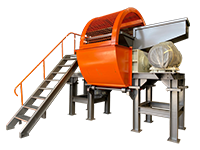 Shredding Machine
Shredding Machine
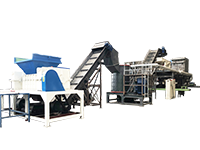 Waste Recycling Line
Waste Recycling Line
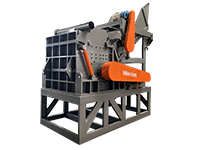 Optional Equipment
Optional Equipment


